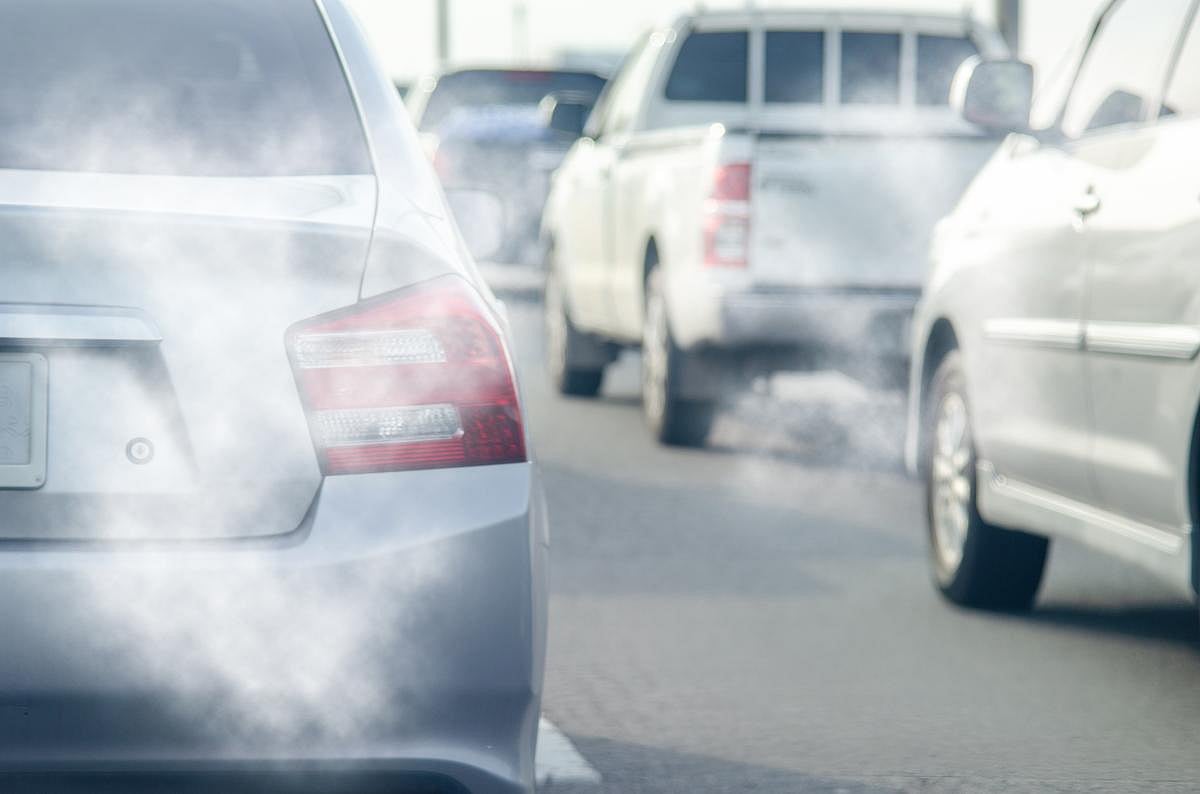Patient Resources
Get Healthy!
Highway Exhaust Linked to Depression in Women
- January 27, 2025
- Dennis Thompson
- HealthDay Reporter

That busy highway could be contributing to depression, and not just because you’re snarled in a traffic jam.
Air pollution from traffic appears to increase risk of depression among women, according to a new study published Jan. 21 in the journal Menopause.
Further, researchers think this air pollution might be raising depression risk by affecting women’s menstrual cycles.
“Traffic-related air pollution exposure was significantly related to having a longer menstrual cycle length, and having a longer menstrual cycle length was significantly related to higher depression,” wrote the research team led by Anwesha Pan, a graduate student at the University of Washington in Seattle.
These effects could be more pronounced among minority and poor women, whose neighborhoods are often located nearer to high-traffic areas.
Thus, air pollution could be "potentially setting the stage for a clustering of risk factors for poor psychological health in vulnerable individuals,” the researchers wrote.
For the study, researchers tracked the health of nearly 700 healthy women of reproductive age living in Northern California. Their exposure to vehicle exhaust was calculated by comparing their home address to state traffic data.
Results showed that the more traffic-related air pollution a woman faced, the greater her symptoms of depression.
“Women with greater traffic-related air pollution exposure were significantly more likely to experience depression according to self-reports on an established questionnaire measure of depressive symptoms,” researchers wrote.
Longer menstrual cycle length and fluctuations in menstrual cycle also were significantly related to higher depression, results show.
Some of the pollutants found in car exhaust can mimic the female hormone estrogen, impacting women’s reproductive cycle.
These results jibe with -- and help explain -- prior studies that have linked air pollution to depression and found that women are at higher risk, researchers said.
“It is possible that such chemical exposures are impacting hormones associated with menstrual cycle function, which, in turn, has a concomitant or sequential effect on depression,” researchers wrote. “In fact, estrogen levels and fluctuations in estrogen levels have been associated with depression risk.”
In turn, this could be leading to health disparities among poor and minority neighborhoods located near major highways, researchers said.
What's more, study results showed that higher socioeconomic status (SES) is linked to a reduced risk of depression.
“Such SES-depression links are especially troublesome insofar as traffic-related air pollution exposures disproportionately burden lower SES individuals and lower SES neighborhoods,” researchers concluded.
More information
The American Lung Association has more on outdoor air pollution.
SOURCE: Menopause, news release, Jan. 22, 2025

